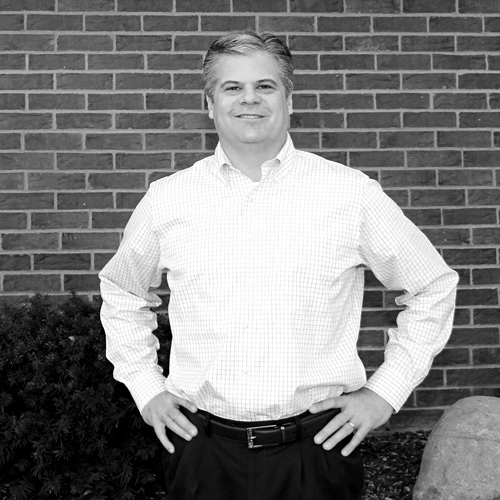The legal profession is one of relationships. Although Brad Brejcha is young to be a partner with Chilton Yambert Porter, he understood early on that his connections and determination would help him move up the ranks at the Chicago-based litigation firm. Brejcha, who deals in workers’ compensation defense, explains why much of his early success is attributed to opportunities and continued support from colleagues and clients.
Modern Counsel: How were you able to work up to being a partner at the firm at such a young age?
Brad Brejcha: When you are first starting out after law school, I think success is a combination of what opportunities the attorneys you’re working with afford you and what you do with those opportunities. However much drive you have, you will have a difficult time getting anywhere without those in front of you supporting you. I was fortunate to be given a situation that allowed me to succeed. When I came to Chilton Yambert Porter, a few of the partners really took me under their wing and worked with me.
MC: And you didn’t shy away from opportunities at the outset of your career.
BB: No, I took them almost immediately—to write my own briefs, try cases, make oral arguments before the appellate court. A case I was given very early on in my practice ended up before the appellate court, and when you argue before that court—the judges sitting above you, peppering you with questions—you feel like you’re back in law school times a hundred. But it was a unique, rewarding experience.
MC: How, specifically, have your relationships—both professional and personal—helped you move up the ladder also?
BB: There are many levels in which different relationships have helped my career. My father and brother, both attorneys, introduced me to the law. My wife supported my pursuit of my career. The experienced attorneys in my firm helped me when I first started out, and solid relationships with the clients have allowed me to succeed and build business.
MC: What about your relationships with opposing counsel? Have those been important for you to develop?
BB: Yes, since you tend to come across the same attorneys quite a bit, especially in my area of practice (workers’ compensation), which is a smaller, more focused practice. But first and foremost, your relationships with your clients are a major component of the legal profession. It’s essential that they trust you because as lawyers, they are relying upon you to protect their best interests.
MC: Do you have a certain style for working with clients and cases?
BB: In handling cases, different attorneys have different styles. There are attorneys who prefer confrontation, for example, and have a zero-communication approach. I tend to be more cooperative. In my opinion, if attorneys on both sides can go in early on communicating where we value the case and where we stand, we can get a quicker resolution—be it trial or settlement.
MC: Was workers’ compensation a topic you were naturally interested in, or was it something that you just happily ended up doing?
BB: I fell into it. In law school I was open to the different fields, but I clerked here and was hired after I graduated. I started doing workers’ comp. defense and personal injury defense, but my focus primarily shifted toward workers’ compensation. It is certainly a different type of law, but I enjoy it because each case is different. There are a lot of moving parts.
MC: What is difficult about handling workers’ compensation issues as opposed to other areas of law?
BB: Every day is a challenge. Workers’ compensation attorneys tend to handle a larger caseload than attorneys in other fields, so you need to balance and prioritize them. It’s not just about putting out fires—because there are always fires—but you need to manage your files so that you stay ahead of as many situations as possible. To get there requires a lot of time management, prioritizing your files, and deciding in which order you do things.


